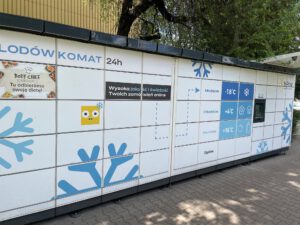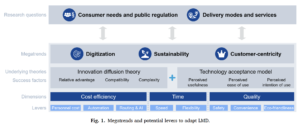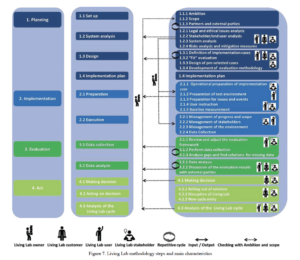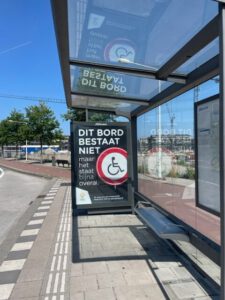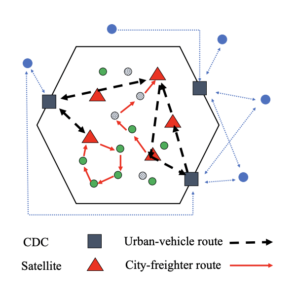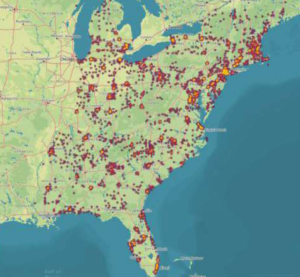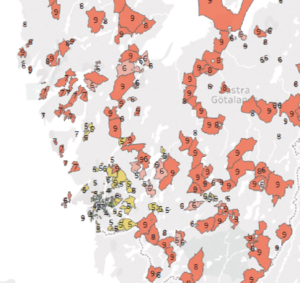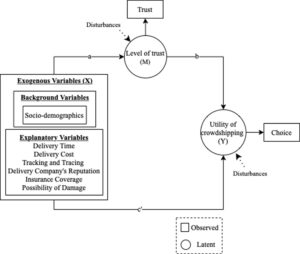Is it possible to stimulate the online consumer to choose sustainable delivery and return options?
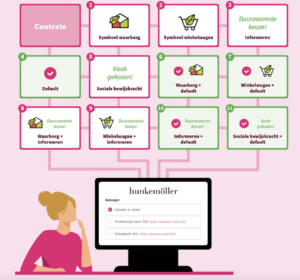
The e-commerce sector aims to reduce CO₂ emissions by 2025 significantly and is working hard to achieve delivery with as few CO₂ emissions as possible. One way to contribute to lower CO₂ emissions from e-commerce is for web shops to encourage their customers to choose a sustainable delivery option. Involving consumers Small-scale experimental research into …

